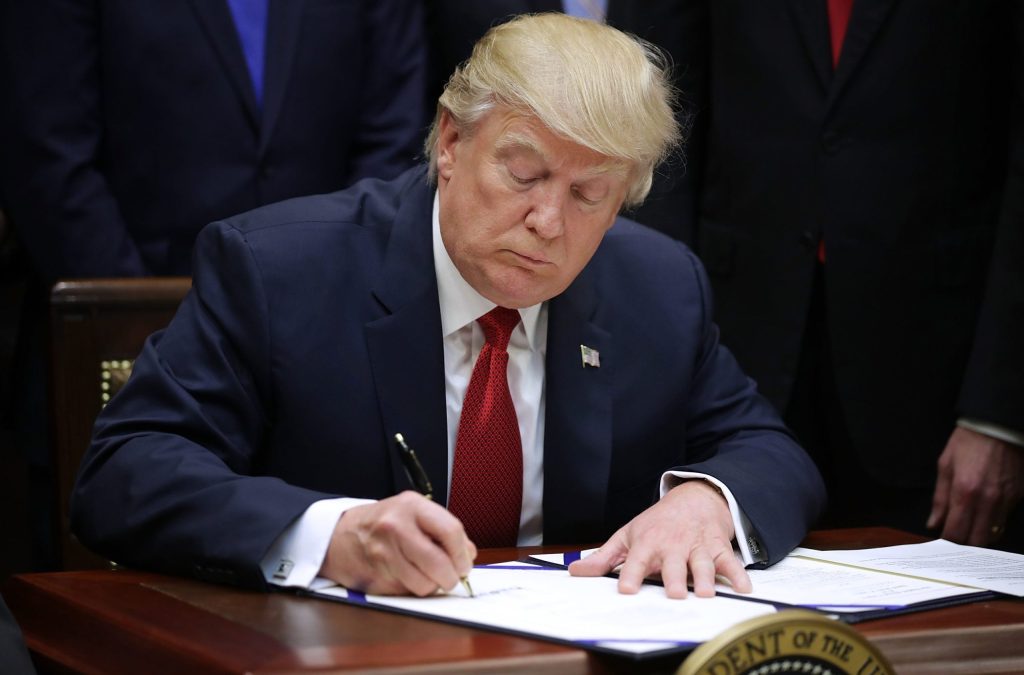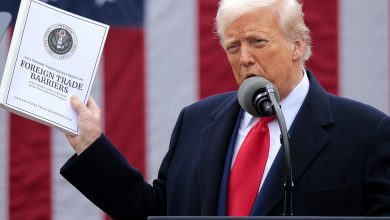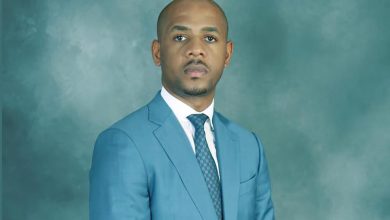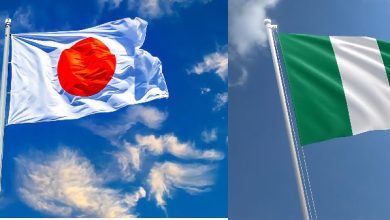U.S. Suspends Student Visa Appointments, Nigerians Among Those Affected
Thousands of Nigerian students are in limbo as the U.S. suspends new student visa appointments globally, disrupting plans for fall 2025 university enrollments.
The abrupt move, tied to tighter visa vetting and security checks, has sparked uncertainty and may drive students toward more stable destinations like Canada or the UK.
Thousands of Nigerian students hoping to commence studies in the United States later this year have been thrown into uncertainty following a directive from the U.S. government halting new student visa appointments across the globe.
A classified cable from the U.S. Department of State, issued on Tuesday, ordered all U.S. embassies and consulates, including those in Nigeria to immediately suspend the scheduling of new interview appointments for student (F and M visa categories) and exchange visitor (J visa category) applicants. The measure takes effect instantly and will remain in force until further notice, leaving many prospective students in limbo.
The decision follows an executive directive from President Donald Trump’s administration, signaling a significant policy shift in how international student applications are handled. The move is reportedly tied to upcoming changes in visa vetting procedures, with plans to introduce more stringent social media background checks and overall security reviews.

“The department is currently reviewing operational procedures for screening student and exchange visitor visa applicants,” the cable reads. “New guidelines to implement enhanced vetting protocols are expected shortly.”
For many Nigerian students, this development comes at a particularly critical time. With the fall 2025 academic session fast approaching, students who were in the process of gathering documents, booking interviews, or finalizing plans to study in the U.S. now face considerable delays. Those who had not yet secured a visa appointment are now left with no timeline for when the process will resume.
“I was due to attend my visa interview in two weeks,” said Mariam Lawal, a 22-year-old applicant accepted into a master’s program in Massachusetts. “Now, I don’t know if I’ll make it for the fall semester. It’s heartbreaking after everything I’ve worked for.”
While the suspension does not impact individuals who already hold valid visas or who have completed their interview appointments, it does significantly affect those who are still in the initial stages of application. U.S. consular offices have been instructed not to open new appointment slots or accept new bookings under the affected categories.
Education consultants and international admissions advisors in Nigeria are already bracing for a wave of anxious students. Many institutions in the United States rely on international tuition fees, and students from Nigeria are among the top African contributors to the U.S. international student population. In 2024 alone, over 17,000 Nigerian students were enrolled in various American universities and colleges, making Nigeria one of the top sending countries from the continent.
The sudden disruption is likely to shift the educational migration focus for many students toward more predictable destinations such as Canada, the United Kingdom, and Australia, where visa policies remain comparatively stable and student-friendly.
“This sends a worrying signal to the global academic community,” noted Dr. Charles Okocha, an educational consultant based in Abuja. “Prospective students may begin to perceive the U.S. as unpredictable and high-risk, especially when decisions like this come without a clear end date.”
Critics of the Trump administration’s immigration policies argue that the new measures may amount to a broader strategy aimed at discouraging foreign students and workers, under the guise of national security.
Still, U.S. officials insist that the intent is to “enhance safety and integrity” in the visa process. The upcoming changes will reportedly include expanded background checks and a comprehensive analysis of applicants’ digital footprints, including social media activity as part of the standard assessment.
In the meantime, Nigerian students are being encouraged to remain calm and monitor updates from the U.S. Embassy in Abuja and the Consulate General in Lagos. Embassy officials have not provided a concrete date for resuming regular operations but emphasized that existing appointments will be honored unless otherwise communicated.
“This is a temporary measure,” said one consular source who asked not to be named. “Once the new screening system is finalized and deployed, the expectation is that services will resume, though we don’t yet know when.”
As the wait continues, students, parents, and academic institutions alike must brace for further delays and, perhaps, reconsider their plans in a rapidly shifting global education landscape.



